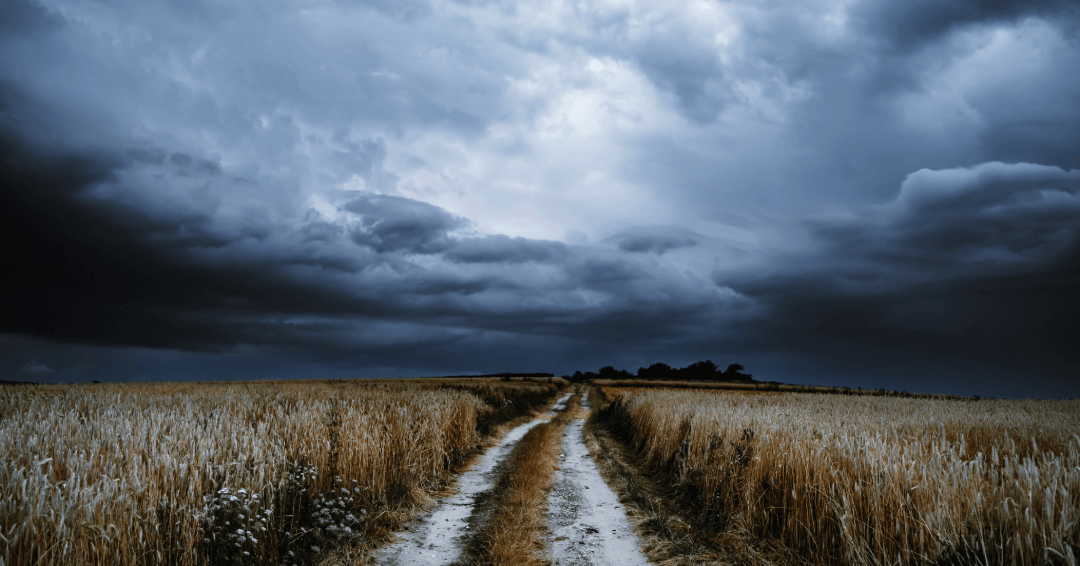Soaked Soils and Short Supplies: UK's Food Production Crisis
Posted by Emily on 16th May 2024 Reading Time:
This winter's extreme rainfall has poised the UK to face a significant decline in food production. As the country reels from one of the wettest winters on record, an analysis predicts that food self-sufficiency could plummet by nearly 10%.

The Energy and Climate Intelligence Unit (ECIU) highlights that essential arable crops have suffered due to diminished planting areas and poor yields. Consequently, the UK's overall self-sufficiency in farming sectors could drop from an average self-sufficiency rate of 86% during 2018-2022 to 78% in the current year.
A stark decrease in wheat self-sufficiency is also on the horizon. It is projected to fall from 92% to 68%, potentially increasing the UK's reliance on imported wheat by more than double—from 1.9 million tonnes to approximately 4.8 million tonnes.
Saturated soils and flooded fields have left many farmers unable to establish crops this season. Climate experts predict warmer and wetter winters will become more common, posing ongoing threats to the UK's food security.
This critical situation surfaces as Prime Minister Rishi Sunak hosts the 'Farm to Fork Summit,' aiming to bridge connections between agricultural practices and food policies.
Tom Lancaster of the ECIU emphasised the situation's urgency, stating, "In 2021, the government warned that climate change was the biggest medium to long-term threat to our food security. This analysis suggests that it is the biggest risk now, not at some far-off point in the future."

While oats and barley might see stability due to increased spring planting, oilseed rape self-sufficiency is predicted to drop to a historic low of 40%, a steep decline from the 75% observed between 2018 and 2022.
Moreover, other crops, such as field vegetables, potatoes, and sugar beets, not included in the primary analysis, further exacerbate the decline in self-sufficiency, potentially undervaluing the estimated 8% reduction.
The National Farmers Union (NFU) has expressed concerns about British farms' vulnerability to adverse weather, advocating for increased funding for the Environment Agency to manage and reinvest in watercourses and flood defences.
The NFU's election manifesto calls for a government commitment to support an agricultural budget tailored to effectively address climate change challenges.
As the UK navigates these turbulent times, the need for strategic planning and robust support for farmers becomes increasingly evident. In the comments below, share your thoughts and insights on how the UK can navigate these challenges.

